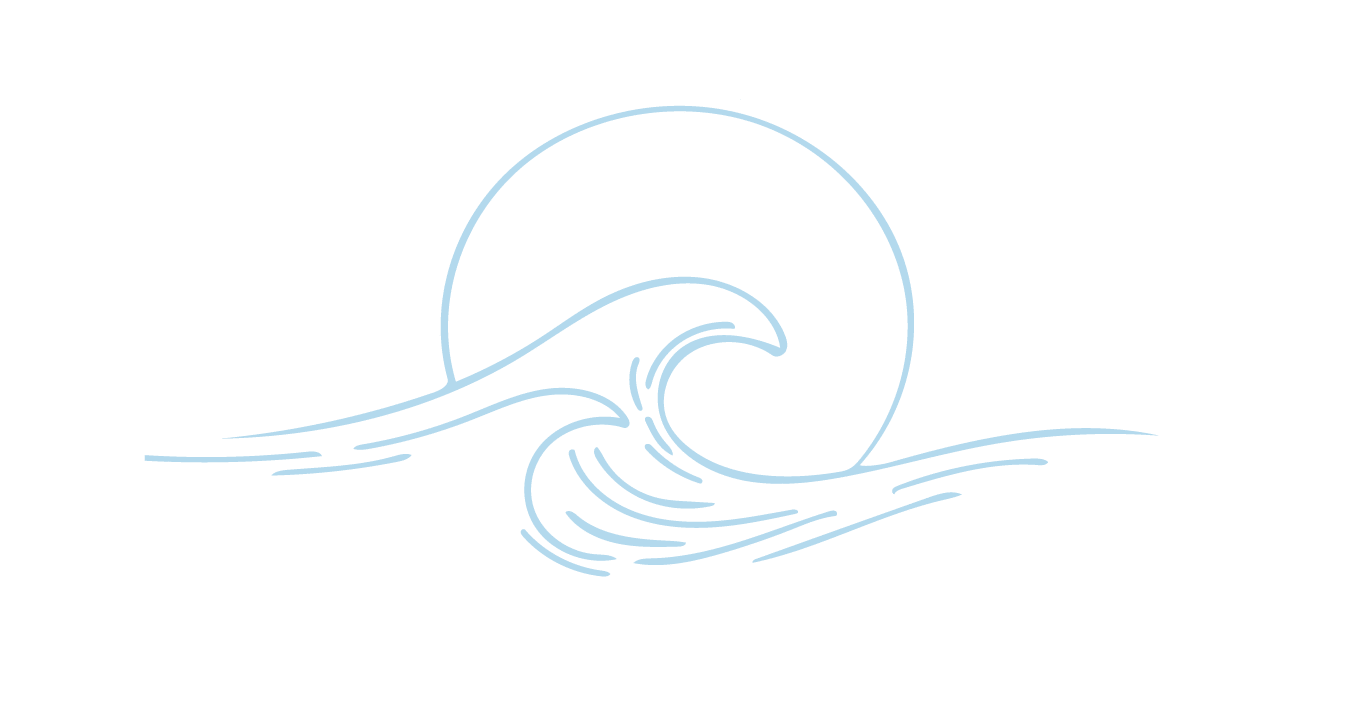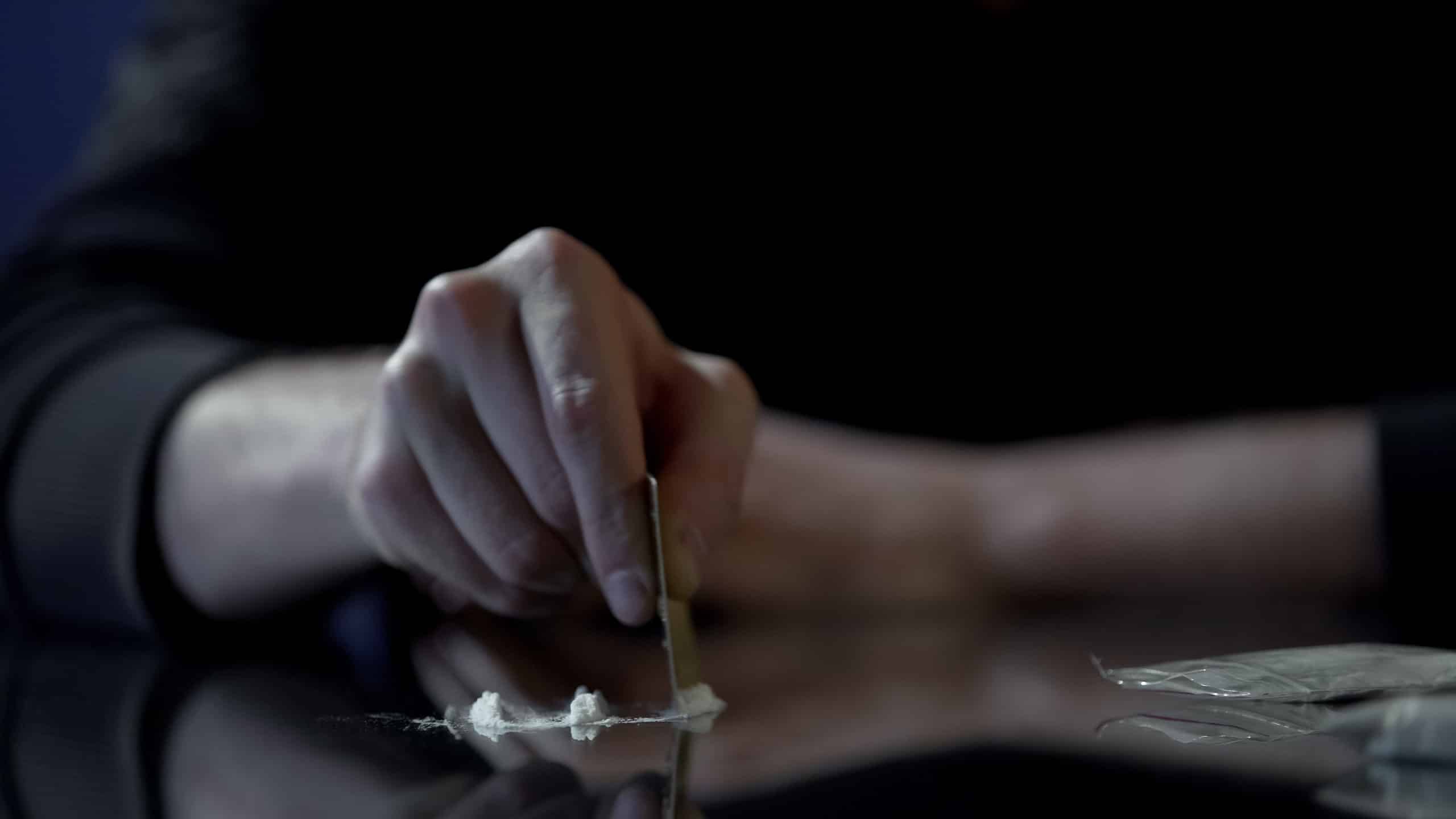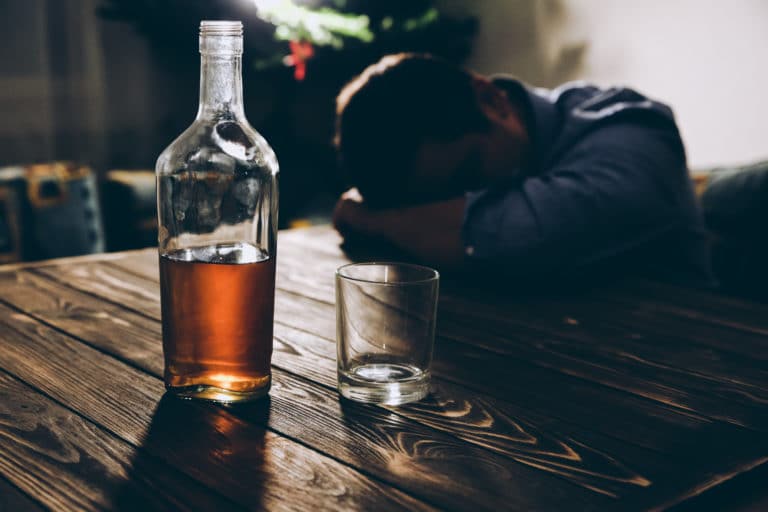Cocaine is a highly addictive drug. Unlike other commonly abused drugs, whether illicit or prescription, one-time cocaine use can quickly become a pattern of abuse that eventually leads to physical and psychological addiction to cocaine. The effects of cocaine use are intense yet short-lived. Because the cocaine high wears off so quickly, it typically means someone who uses or is addicted to cocaine requires more and more of the drug with each dose to achieve the same impact they remember from the first time they used. Increased tolerance eventually leads to a cocaine addiction that is nearly impossible to break without detox and treatment at a Huntington Beach addiction treatment center.
What is Cocaine?
Cocaine is a drug made from leaves of the coca plant native to several South American countries. Once extracted from the plant, cocaine is processed into a white, powdery substance that can be used in various ways. While most inhale it, cocaine can also be smoked (crack-cocaine) or mixed with liquid and injected into a vein. No matter the user’s method of choice, the effects of cocaine use are felt almost immediately. Because cocaine hits your system rapidly and its powerful effects, addiction to the drug can occur quickly. Cocaine is sometimes referred to by other names, including coke, crack and blow, among others.
What are the Symptoms of Cocaine Use?
Unlike some addictions, the early signs of cocaine addiction may not be evident to friends and family. This is because the early signs of cocaine use on the body and the brain are mild. Often, the signs and symptoms of a growing addiction remain invisible from the outside until cocaine dependency has developed. However, as the rate of cocaine use continues and increases, so does the presence and visibility of addiction signs and symptoms. Understanding what the early warning signs of cocaine addiction might look like is essential, as research suggests early intervention is the most effective way to safely overcome cocaine addiction.
As noted above, it is not necessary to use cocaine for an extended time to experience significant impacts on your physical, psychological, and behavioral health. When someone struggles with a cocaine addiction, certain effects may be visible to others. Common examples include:
- Runny nose or “sniffles”
- Changes in appetite or weight
- Dilated pupils
- Abnormally high levels of energy
- Paranoia
- Increased happiness
- Acting overly or abnormally social
Most of the above symptoms of cocaine use are short-term, and while they occur immediately after use, they will not last long. In most cases, the high from using cocaine wears off in as few as thirty minutes, although for some, the effects of cocaine use may persist for a couple of hours. Regular cocaine use will lead to harmful and sometimes irreversible impacts on the brain and most vital organs, including the lungs, digestive system, kidneys, and heart. Other common indications of cocaine addiction include elevated blood pressure, nausea, vomiting, sweating, chills, confusion, aggressive or violent behavior, heart attack, stroke, coma, and death.
How Addictive is Cocaine?
Cocaine is a highly addictive substance. For some, one-time experimentation with cocaine can lead to a pattern of dangerous and problematic use. Depending on the method of use, you may feel the effects of cocaine in a matter of seconds. As quickly as the effects occur, they begin to wear off. For most, the effects of cocaine diminish within a matter of minutes. This can lead to more frequent and higher doses to maintain a lasting high. Without treatment to overcome dependency, thousands of people lose their lives to cocaine addiction each year.
Cocaine addiction is harmful to a person’s mind, body, and overall well-being. In recovery, those who previously struggled with addiction can learn to live free from cocaine and recover the “self” they knew before drugs and addiction took hold.
Ocean Coast Recovery Center is a rehab providing inpatient treatment and detox in Huntington Beach. Contact us today to learn more about our Southern California addiction treatment programs.





